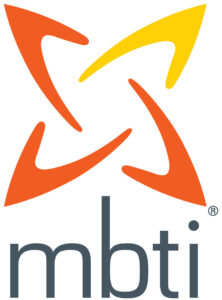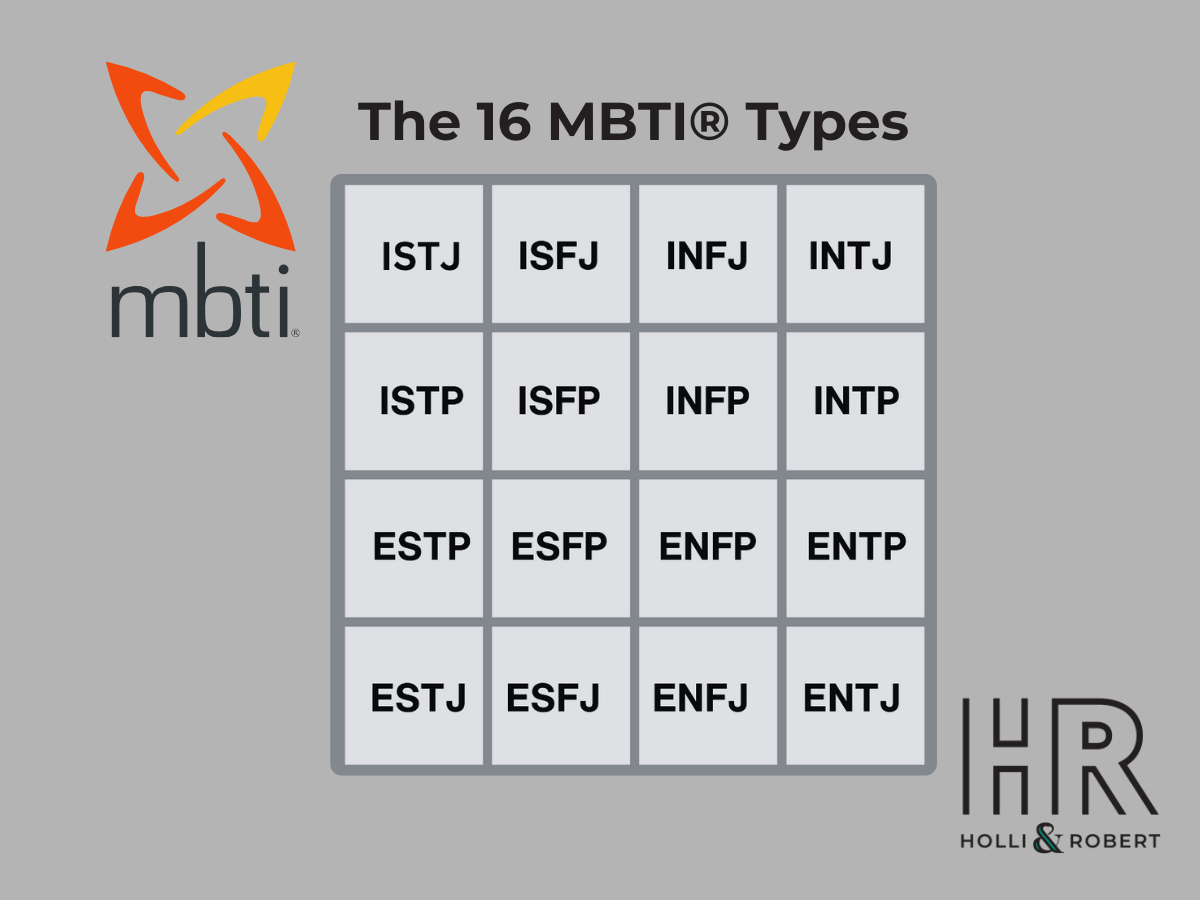Understanding personality types can be a game-changer in fostering better personal and professional relationships. The Myers-Briggs Type Indicator® (MBTI®) has revolutionized how we perceive and interact with others by providing a framework to understand distinct personality preferences. In this piece, we will delve into the history of The Myers-Briggs Company, explore how knowing your personality type can enhance self-awareness and improve interpersonal interactions, and highlight why the MBTI® stands out among other assessment tools. Join us as we uncover how embracing these insights can lead to more meaningful and effective connections.
The Power of Personality Types
Understanding MBTI Preferences
The MBTI framework is built on four pairs of opposing preferences: Extraversion (E) vs. Introversion (I), Sensing (S) vs. Intuition (N), Thinking (T) vs. Feeling (F), and Judging (J) vs. Perceiving (P). These preferences shape how individuals perceive the world and make decisions. For instance, Extraverts focus on the external world and gain energy from social interaction, while Introverts turn inward and recharge in solitude. Sensing types rely on concrete information, whereas Intuitive types look for patterns and possibilities. Thinkers prioritize logic and objectivity, while Feelers consider values and emotions. Lastly, Judging types prefer structure and decisiveness, whereas Perceiving types favor flexibility and spontaneity. Understanding these differences can help appreciate diverse perspectives and foster better communication. By recognizing and valuing each other’s preferences, we can create more harmonious and productive relationships, both at home and in the workplace.
Knowing your personality type provides a mirror through which you can view your natural tendencies, strengths, and areas for growth. This self-awareness is the first step in personal development, aiding you in choosing careers, hobbies, and social environments that align with your innate preferences. For instance, someone with the INFP type might find fulfillment in creative pursuits, whereas an ESTJ could excel in leadership roles.
Understanding your personality type can be equally transformative in how you relate to others. By appreciating the personality types of those around you, whether at work or home, you can tailor your communication and collaboration methods. This empathetic approach leads to improved relationships, as you become more sensitive to others’ needs and behaviors.
The origins of the Myers-Briggs Type Indicator® can be traced to the work of Carl Jung, a Swiss psychiatrist who introduced the theory of psychological types. His ideas laid the groundwork for Isabel Briggs Myers and her mother, Katharine Cook Briggs, to develop the MBTI® assessment. They sought to make Jung’s theories accessible and practical, particularly in understanding how people perceive the world and make decisions.
The 16 Personality Types
Here are the 16 MBTI® personality types, each offering a unique lens through which to understand ourselves and those around us:
ISTJ – the responsible realist
ISFJ – the practical helper
INFJ – the insightful visionary
INTJ – the conceptual planner
ISTP – the logical pragmatist
ISFP – the versatile supporter
INFP – the thoughtful idealist
INTP – the objective analyst
ESTP – the energetic problem solver
ESFP – the enthusiastic improviser
ENFP – the imaginative motivator
ENTP – the enterprising explorer
ESTJ – the efficient organizer
ESFJ – the supportive contributor
ENFJ – the compassionate facilitator
ENTJ – the decisive strategist
For more interesting facts about each personality type check out this page.
Enhancing Personal Relationships
Understanding MBTI® preferences can be transformative in personal relationships. By recognizing how different personality types communicate and make decisions, couples and families can foster deeper connections. For instance, an Introvert may need quiet time to recharge, while an Extravert thrives on social interaction. Knowing this can help partners respect each other’s needs, reducing potential conflicts. Similarly, a Sensing type might focus on present details, whereas an Intuitive type looks at future possibilities. Being aware of these differences can improve mutual understanding and collaboration. Furthermore, acknowledging the Thinking vs. Feeling dichotomy can enhance empathy, as partners learn to appreciate logical analysis and emotional considerations. Lastly, understanding Judging and Perceiving preferences can help in planning and flexibility within the relationship. By embracing these insights, individuals can build stronger, more resilient relationships that honor each person’s unique personality, leading to a harmonious and supportive environment where everyone feels valued.
Final Thoughts
The journey of understanding and leveraging personality types through the MBTI® serves as a profound tool for personal growth and relationship enhancement. It underscores the importance of celebrating our differences rather than viewing them as obstacles. By learning about and appreciating the unique preferences of those around us, we can foster environments that respect individuality while promoting collective harmony.
Whether in our personal lives or professional settings, the MBTI® offers a blueprint for nurturing empathy, improving communication, and strengthening connections. As we continue to explore and embrace these personality insights, we pave the way for more meaningful interactions and a richer, more collaborative existence. Ultimately, the true power of the Myers-Briggs revolution lies in its ability to unlock our potential to understand and be understood, creating a world where diverse perspectives are not just tolerated, but truly valued and celebrated.
Tune in to ‘Between Over & Next’ Podcast Episode 28 Understanding Relationships Through MBTI®: A Journey To Better Connections
 SPECIAL OFFER – Let MBTI® Personality Assessment Insights Guide Your Success
SPECIAL OFFER – Let MBTI® Personality Assessment Insights Guide Your Success
Take The Official The Myers-Briggs Type Indicator®
MBTIonline is a valuable tool to help you explore your unique personality and achieve greater self-awareness to improve interpersonal relationships and personal well-being.
CLICK GREEN BUTTON “Purchase for myself” to learn more. Great gift for yourself and your loved ones.
Go through the purchase process and enter the promo code at checkout.
Promo code: ‘holliandrobert‘ (10% off through December 31, 2024)

Introduction to Myers-Briggs® Type Series
Myers-Briggs (MBTI) Certification | The Myers-Briggs Company
The Myers-Briggs Company Podcast
Why the MBTI®Assessment?
MBTIonline: Official Myers Briggs Test & Personality Assessment
Myers & Briggs Foundation



